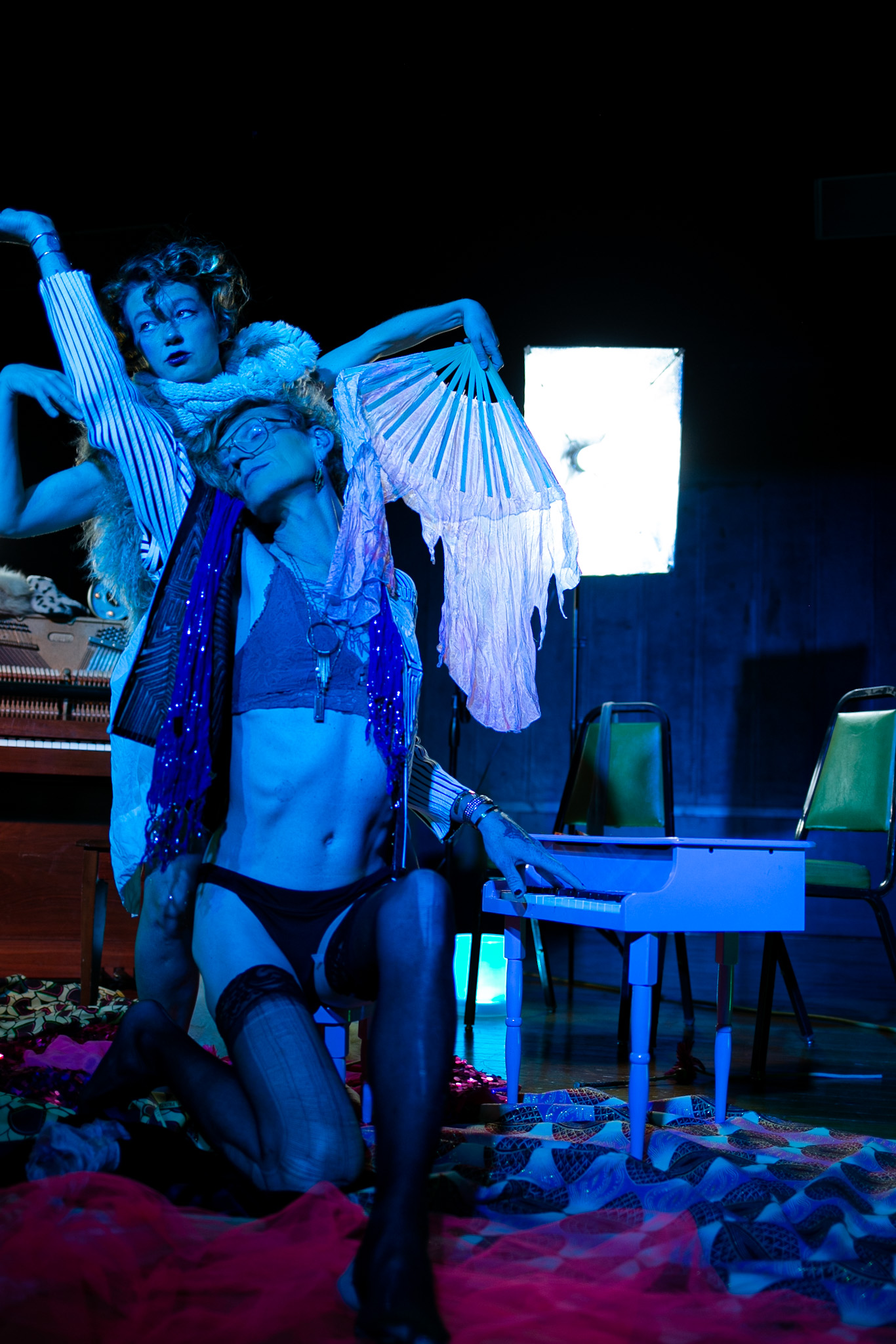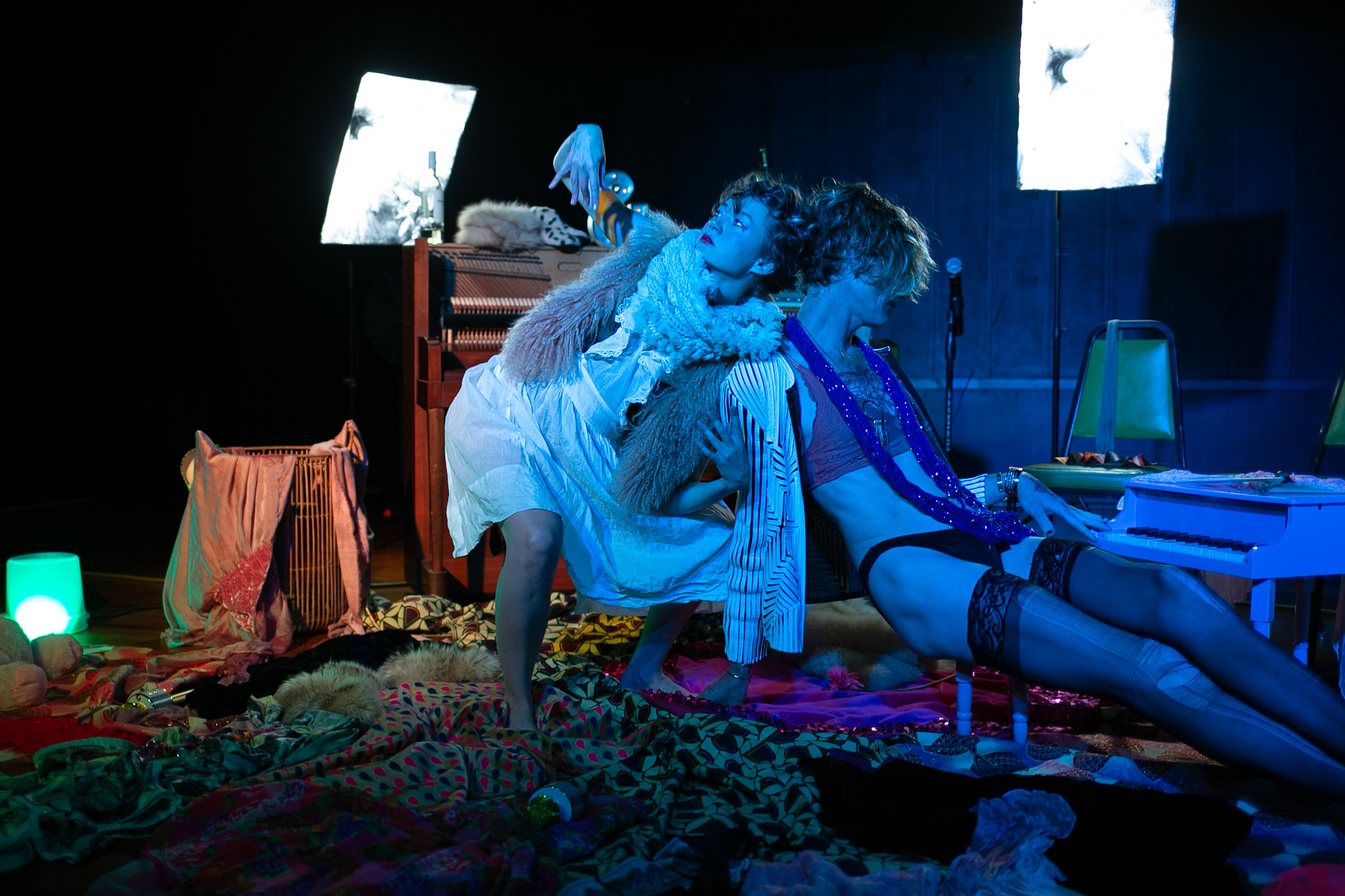 Abby Howard is a songwriter, singer, musician, stage artist, events producer, and director. She is an activist for Transgender rights, life, and love. She has been performing music and song since childhood, touring the U.S. and Europe, and recording albums with several bands. Since publicly coming out as trans in 2020 she has focused on performing solo work in Northwest Arkansas and leading the Warp and Weft performance project at Fenix Gallery’s annual Queer Artist art exhibition in Fayetteville, AR. Abby grew up in Vian, Oklahoma, the youngest of 8 kids in a religious family who spread the word through pop up preaching events and religious publications created in their at-home printing press. This developed her propensity for sharing her voice through the stage and page, as well as through on the ground activism. For years she has been an activist for the Poor People Campaign traveling to protests in NY and DC, writing and leading songs at the protests. She has run several businesses, built several houses, and created a non-profit to repair vehicles for low-income folks. Now she is teaming up with Lela Besom to run a production company in Northwest Arkansas so they may develop and present their artwork, create a platform for butoh and trans awareness, as well as produce art events for Northwest Arkansas and visiting artists.
Abby Howard is a songwriter, singer, musician, stage artist, events producer, and director. She is an activist for Transgender rights, life, and love. She has been performing music and song since childhood, touring the U.S. and Europe, and recording albums with several bands. Since publicly coming out as trans in 2020 she has focused on performing solo work in Northwest Arkansas and leading the Warp and Weft performance project at Fenix Gallery’s annual Queer Artist art exhibition in Fayetteville, AR. Abby grew up in Vian, Oklahoma, the youngest of 8 kids in a religious family who spread the word through pop up preaching events and religious publications created in their at-home printing press. This developed her propensity for sharing her voice through the stage and page, as well as through on the ground activism. For years she has been an activist for the Poor People Campaign traveling to protests in NY and DC, writing and leading songs at the protests. She has run several businesses, built several houses, and created a non-profit to repair vehicles for low-income folks. Now she is teaming up with Lela Besom to run a production company in Northwest Arkansas so they may develop and present their artwork, create a platform for butoh and trans awareness, as well as produce art events for Northwest Arkansas and visiting artists.
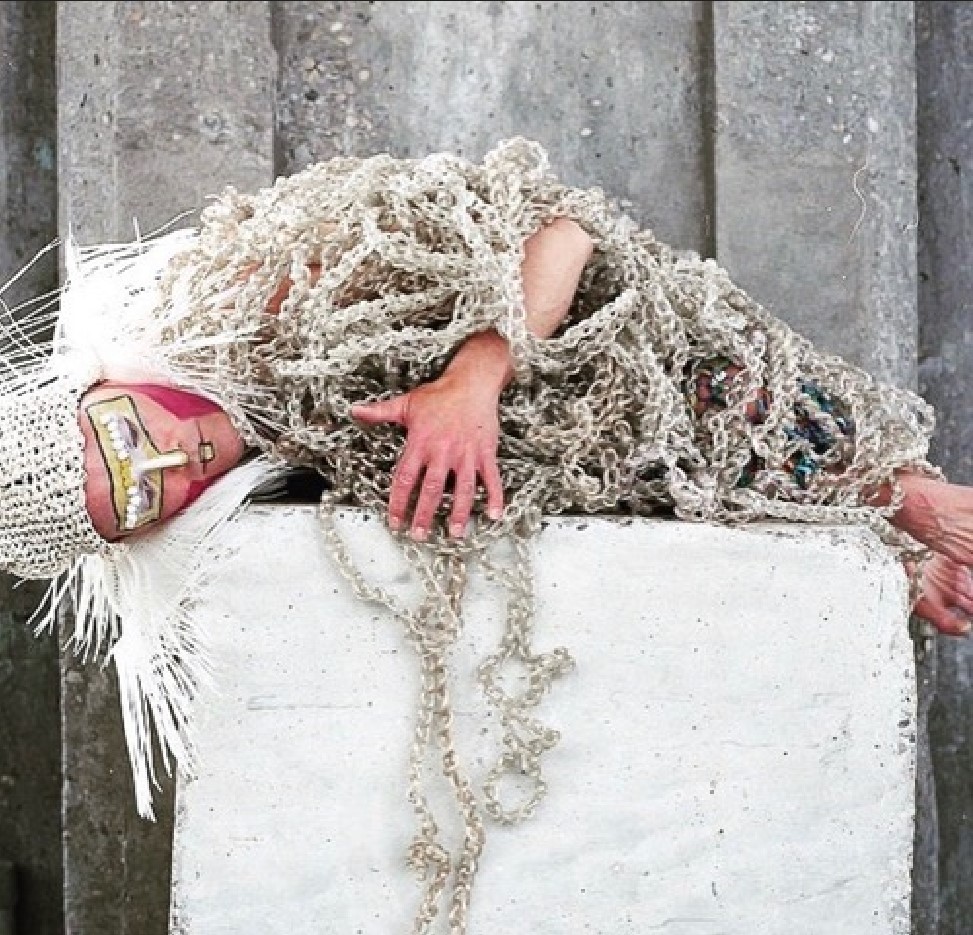
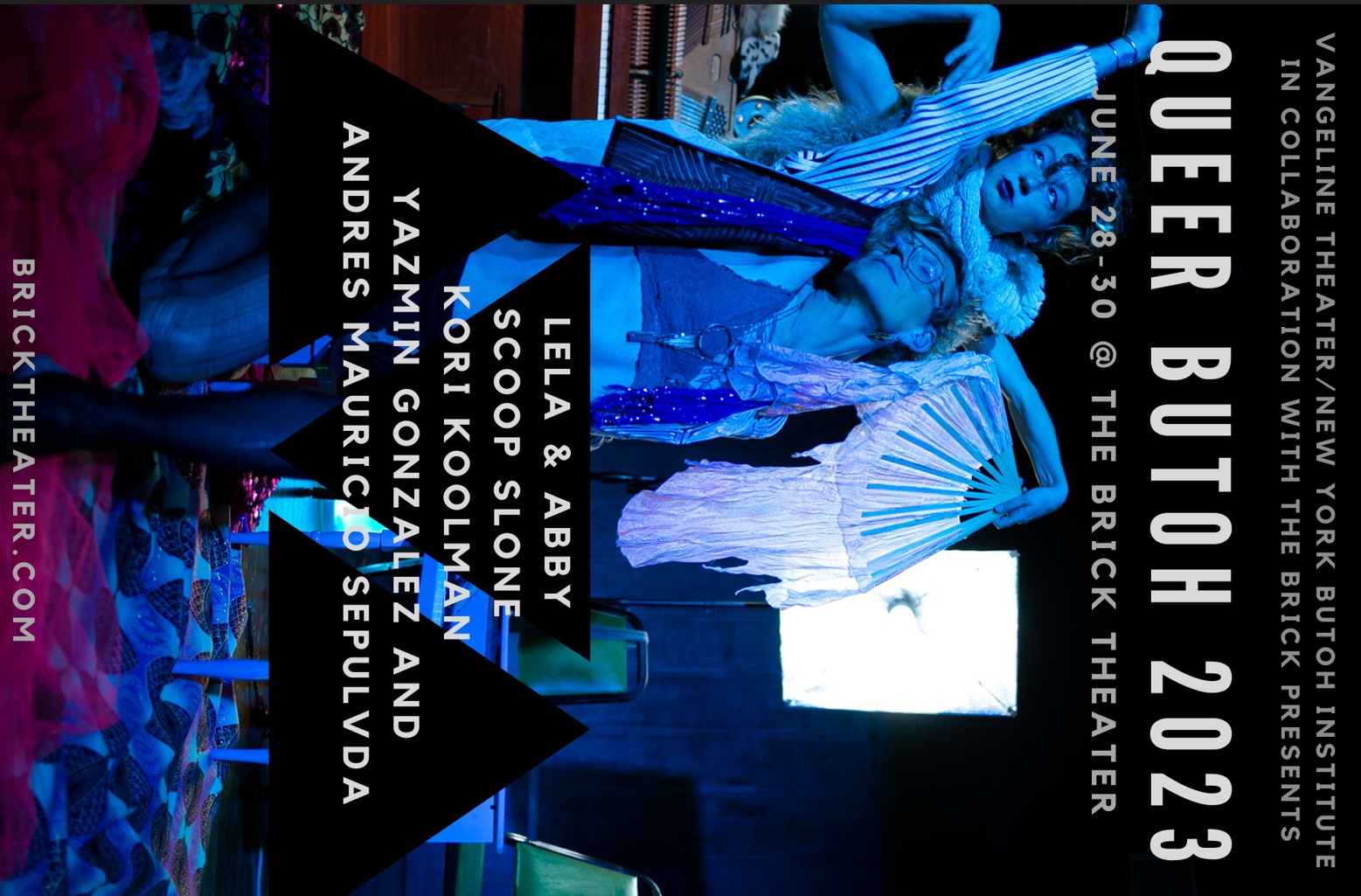
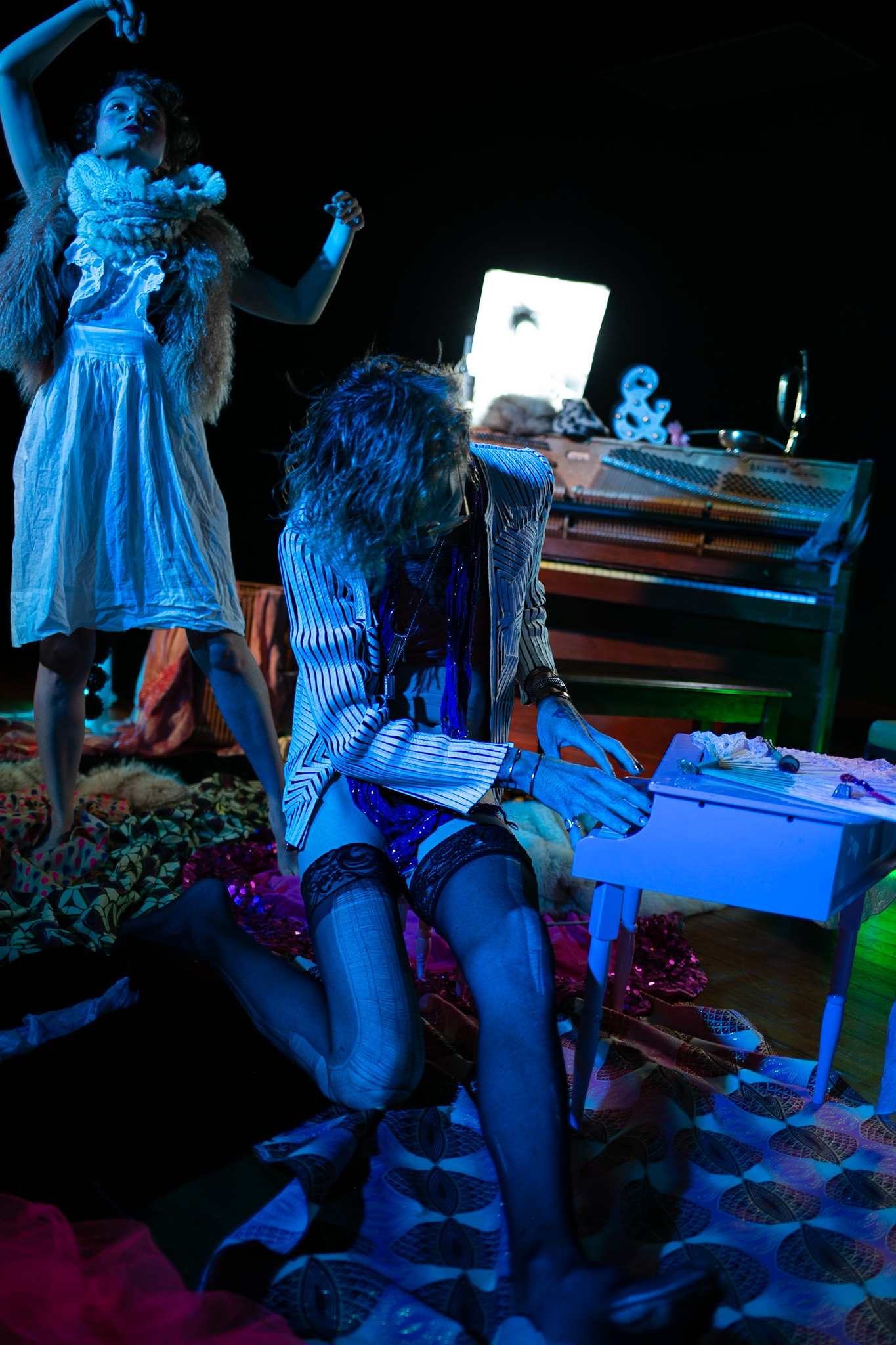
Lela Besom is a socially engaged interdisciplinary artist, educator, producer, and choreographer working out of Northwest Arkansas. Besom has studied, performed, taught, and collaborated in the U.S., Mexico, Indonesia, and Europe. She is a former member of DAIPANbutoh Collective in Seattle and co-creator of the international performance project Trio De Femmes. Besom earned her BFA in fine arts from the University of Kansas, moved to the Cambridge Zen Center in Cambridge, MA, in 2008, then to Seattle in 2011, where she lived for seven years. Currently , in her home state of Arkansas, Besom is recognizing the importance of being queer visible. Growing up, she had no representation as the queer people she knew seemed nothing like her. Now she is working to create space for, celebrate, and normalize fringed life and finds a connection with butoh in this way as Hijikata also centered queerness and other marginalized people/taboo lifestyles that are actually part of the truth of our shared world.
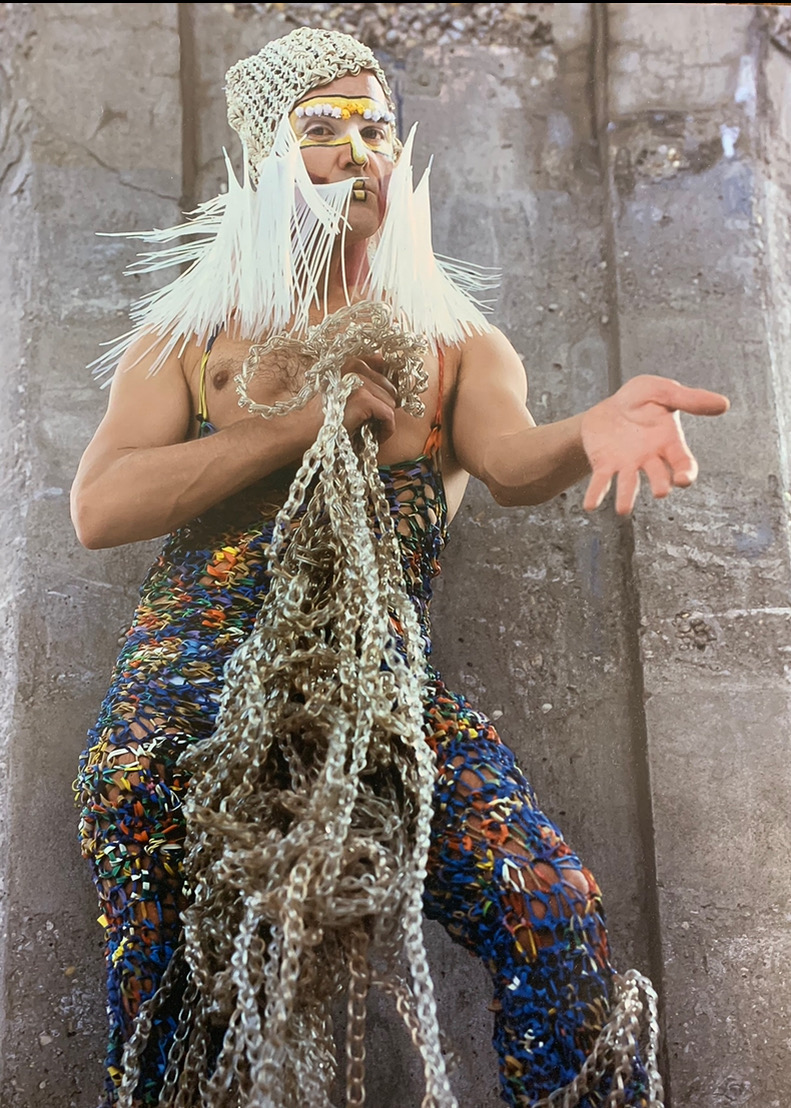
Scoop Slone's creative practice explores identity and memory through performance based experiences of drag alter ego, Geometrica 222. Scoop intersects Butoh, Garmenting, Opera, Club Kid Drag, and Installation that reference applied arts, applied science, and applied life. Geometrica 222’s character development occurs over time, set in the primal future past, self-examining through It’s existing moment to moment in archaeologically unfolding internal and external landscapes of humyn & nonhumyn origins. The primal future past is utilized influenced by speculative science fiction, looking forward into a solitary existence of being as if the observer is at a natural history museum in the future reflecting on a distant ancestor. Scoop continually seeks to examine quantum physics, archaeology, and biological concepts to infuse into the work, seeking to query, Who Am I?, in both the personal and collective sense, Who Am We?. These queries manifest in the body through Butoh’s abstract expressionist nature in both the macro (universal) and micro (atomic) sense, balancing the tangible and the esoteric. Praised by NY Times for “gamely vocal stylings” Scoop’s performance history additionally lies in Grand Opera, Rock Opera, and Musicals, and Rock Bands with further vocal performance experience in legit, country, jazz, americana, and pop genres, with a long term career in Film/TV/Music Videos/Commercials/Modeling.
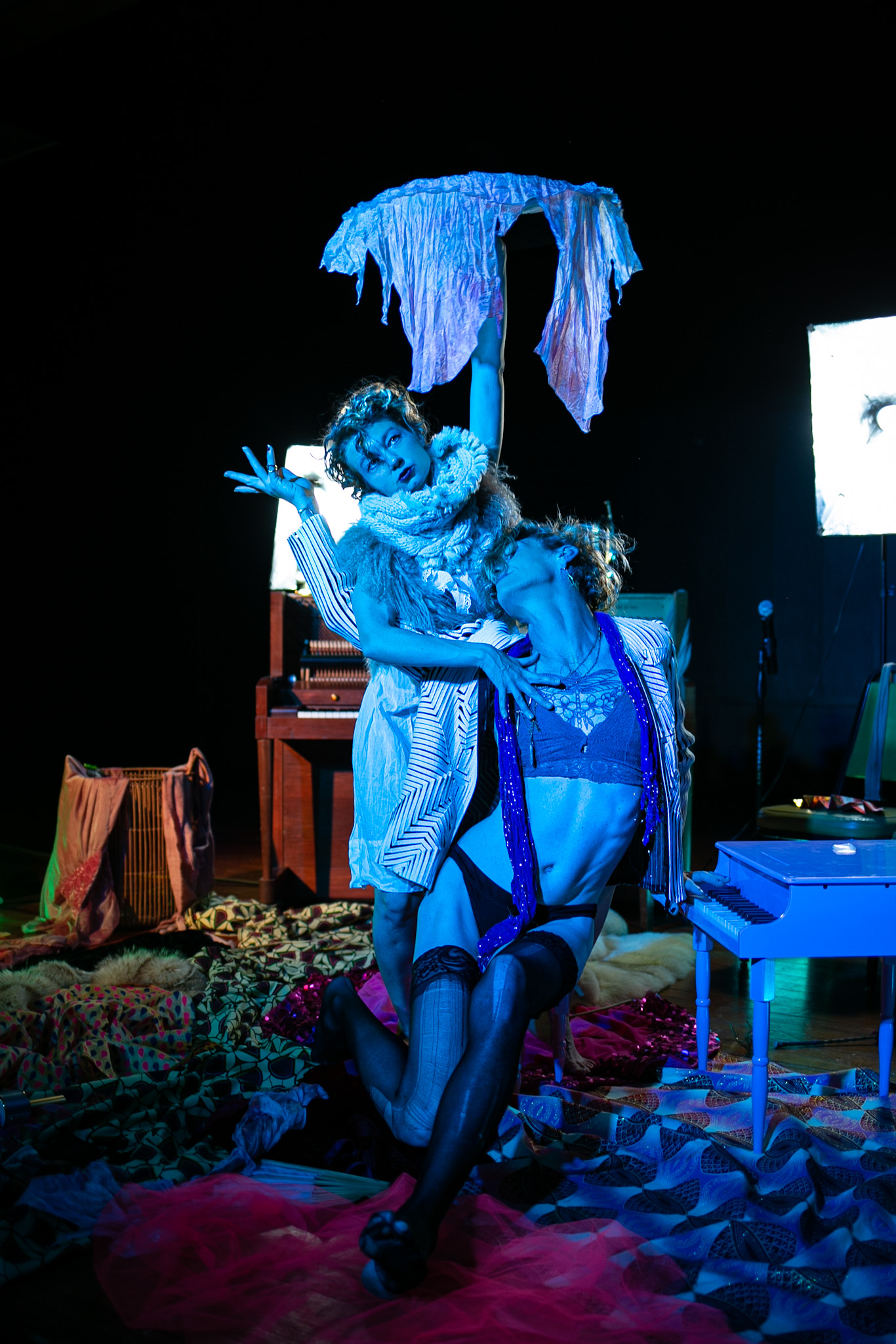
Kori Koolman is a multidisciplinary artist and art educator based in NYC. For the past eight years, Koolman has been a student at The New York Butoh Institute.
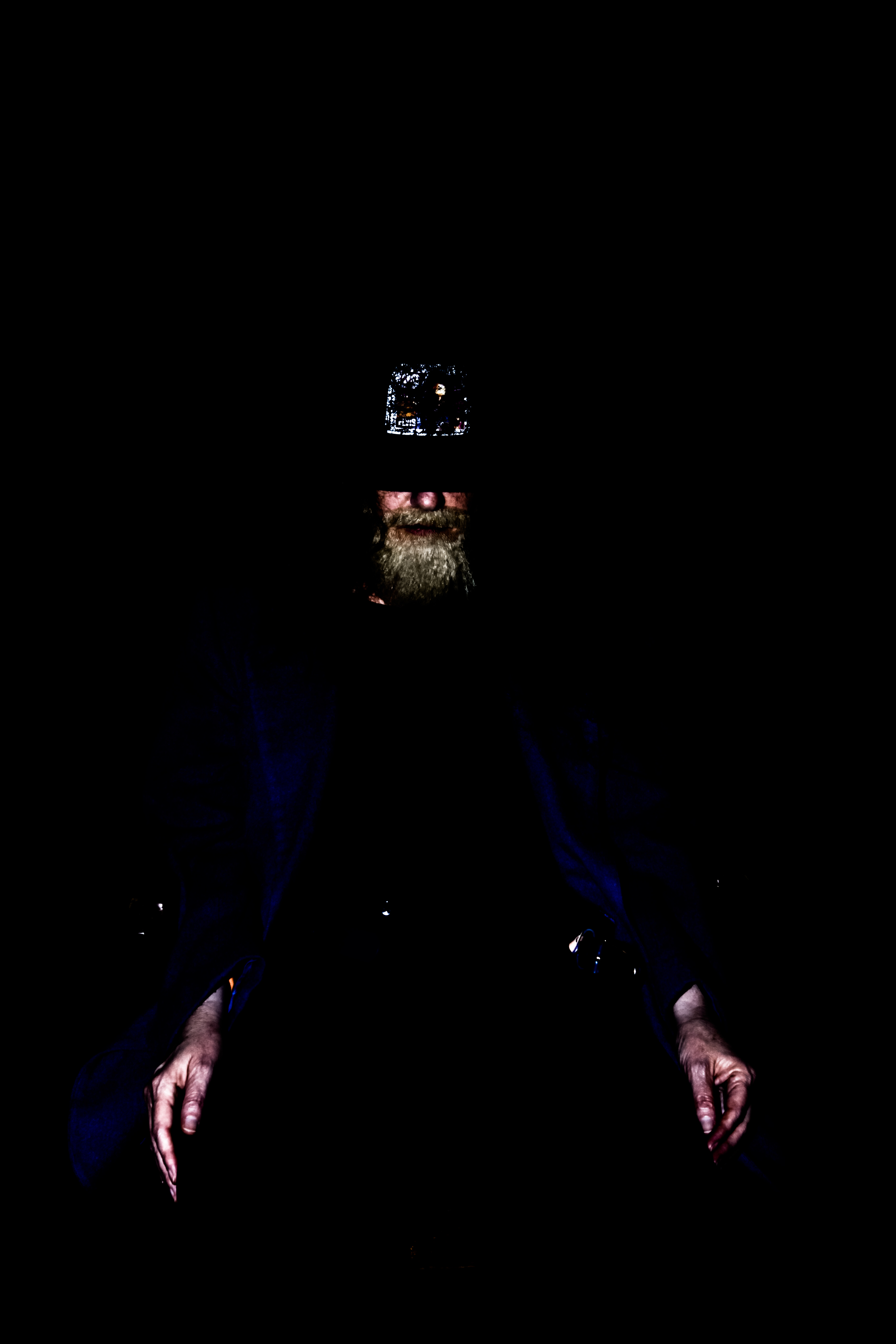
Yazmin Gonzalez began her dance education at 18, studying Egyptian Classical Belly Dance under the guidance of Maria Jammal. Upon moving to N.Y., she encountered East Coast Tribal Belly dance and became enamored with the fusion path. She has been a student of the Solstice Tribe for five years now and has been influenced by the movement aesthetics of Sera Solstice and Zuleika Milan. Seeking to provoke emotional exploration through movement, she came to the New York Butoh Institute, and became immediately enamored with the profound power of focus and deliberation that the art form offers. She currently studies under the primary guidance of Vangeline and has been privileged to train with several Butoh masters, such as Atsushi Takenouchi, Tetsoro Fukuhara, Yumiko Yoshioka, and Joan Laage. Throughout a decade of inner diving, she has sought to transfer the arising emotions in her movement through a melding of Middle-Eastern, Latin-Fusion, and Butoh dance. Her first solo ‘Desire’ was showcased in 2019 for the N.Y. Butoh Institute festival, and her second and latest work ‘Venus Invites’ was a part of this year’s return of the Ritual Cabaret Festival. Yazmin is a bisexual identifying human and finds sustenance in her explorations of gender when in a state of dance. Her works profess vulnerability, investigate seduction, and plead for the integration of seeming opposites.
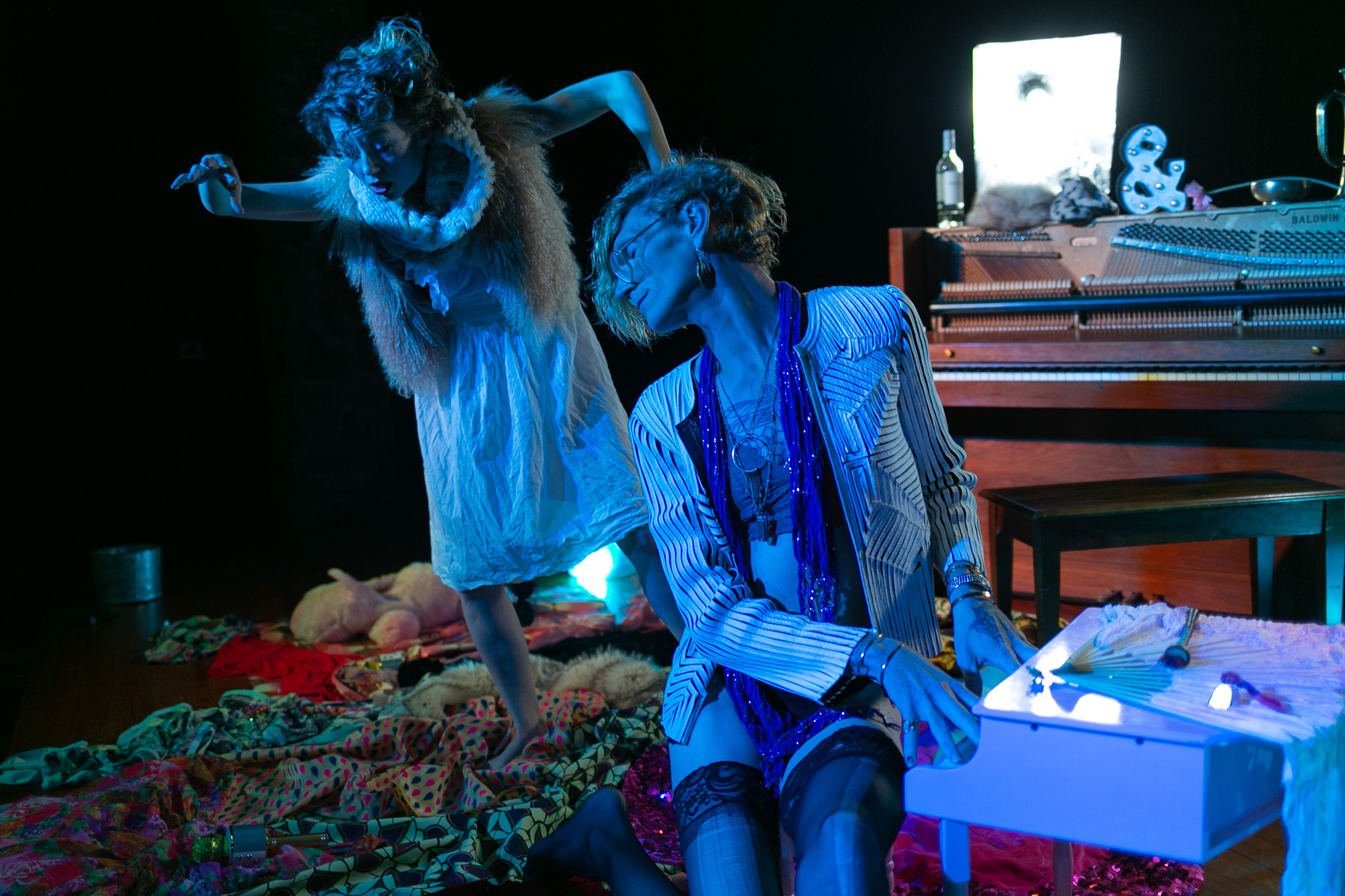
Andres Mauricio Sepulvda is a queer-identifying creator and painter from Colombia and a recent N.Y. transplant. He has accumulated 47 years of experience in architectural illustration as a former civil draftsman and is a well known artisan from the region of Armenia. He is a self-taught painter who expresses himself in the colorful depictions of his homeland. His paintings explore symbiosis in nature, fertility, and lush landscapes that swirl endlessly into tangible daydreams. Andres paints on various textiles and sells his work online on the streets and parks of New York City. He is motivated by the ocular experience of witnessing Butoh and believes in the power of the dance to transform both the dancer and the viewer. He feels liberated, honored, and truly welcomes the chance to part-take in a queer-positive festival in his beloved new city. Vangeline (Curator) is a teacher, dancer, and choreographer specializing in Japanese butoh. She is the artistic director of the Vangeline Theater/New York Butoh Institute (New York), a dance company firmly rooted in the tradition of Japanese butoh while carrying it into the twenty-first century. With her all-female dance company, Vangeline’s socially conscious performances tie together butoh and activism. Vangeline is the founder of the New York Butoh Institute Festival, which elevates the visibility of women in butoh, and the festival Queer Butoh. She pioneered the award-winning, 15-year running program The Dream a Dream Project, which brings butoh dance to incarcerated men and women at correctional facilities across New York State. Vangeline is a 2022/2023 Gibney Dance Dance in Process residency and the winner of a 2022 National Endowment for the Arts Dance Award. She is also a 2018 NYFA/NYSCA Artist Fellow in Choreography for Elsewhere; the winner of the 2015 Gibney Dance Social Action Award as well as the 2019 Janet Arnold Award from the Society of Antiquaries of London. She is the author of the critically-acclaimed book: Butoh: Cradling Empty Space, which explores the intersection of butoh and neuroscience. She pioneered the first neuroscientific study of Butoh (“The Slowest Wave;” Her work is the subject of CNN’s “Great Big Story” "Learning to Dance with your Demons.” She is also featured on BBC’s podcast Deeply Human with host Dessa (episode 2 of 12: Why We Dance)
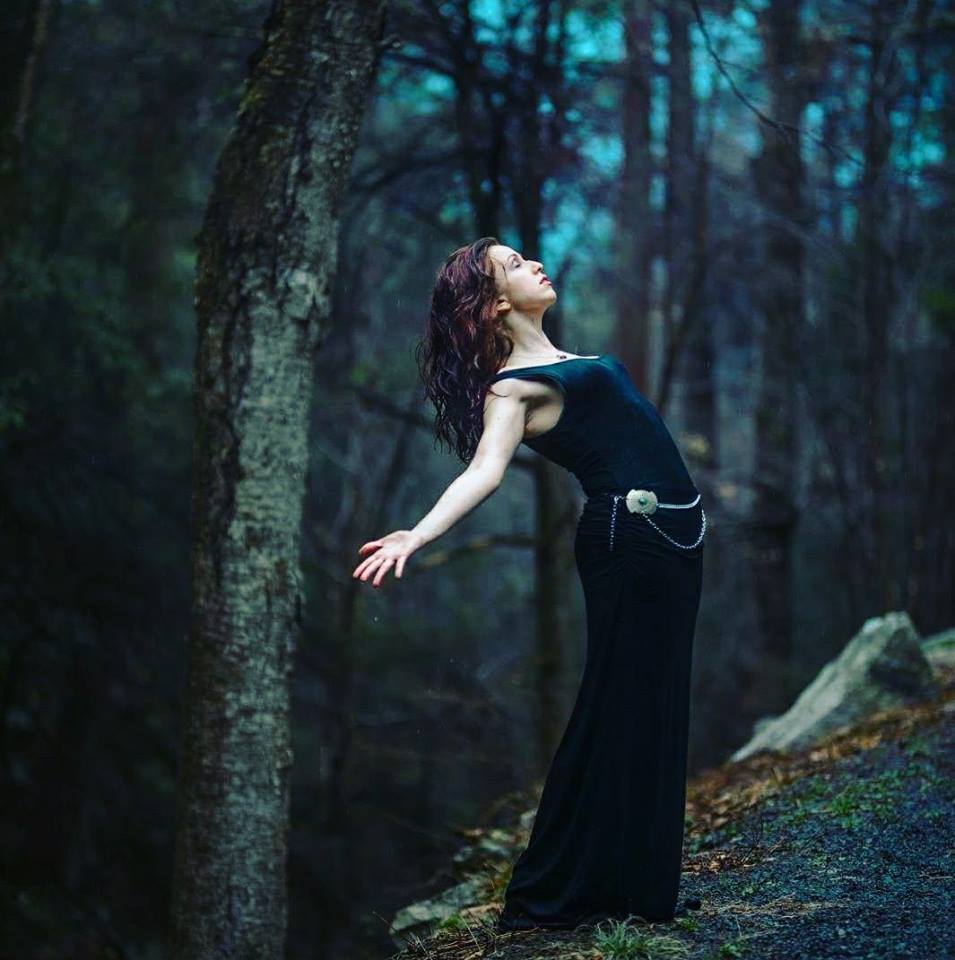
VANGELINE THEATER/ NEW YORK BUTOH INSTITUTE aims to preserve the legacy and integrity of Japanese Butoh while carrying the art form well into the future.
The Brick enters its third decade with a bold new vision and an abiding belief in the power of art. With a renewed focus on multi-week theatrical runs and a dynamic line-up of singular one-off events,
The Brick is Williamsburg’s primary incubator of innovative theater and performing arts. bricktheater.com This program was supported, in part, by public funds from the New York City Department of Cultural Affairs in partnership with the City Council, and the New York State Council on the Arts with the support of Governor Andrew M. Cuomo and the New York State Legislature.
